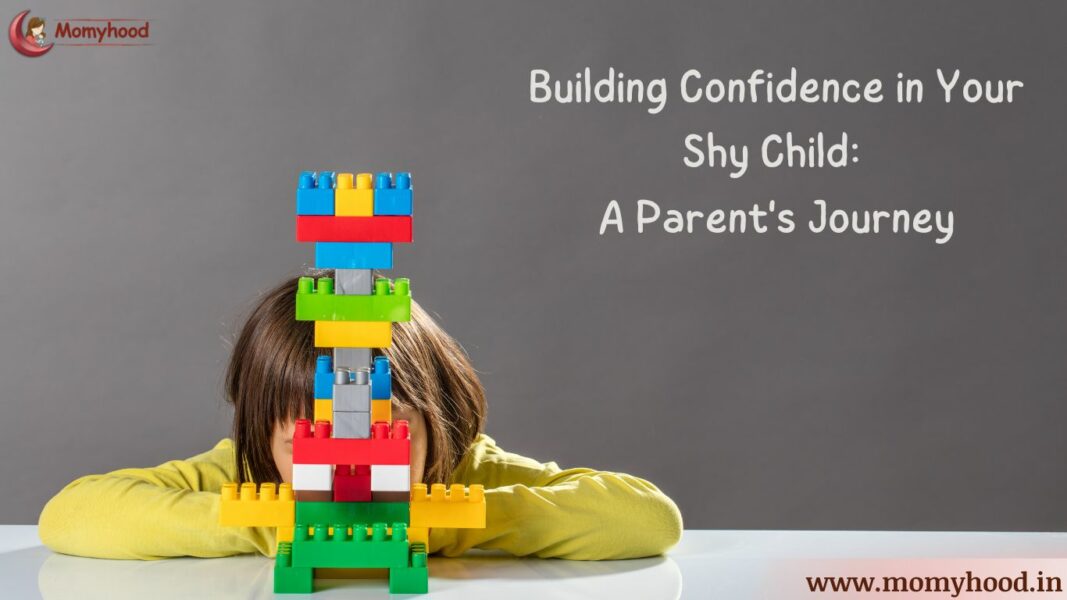Last year, I was in a place where I felt helpless as a parent. My 11-year-old son, who has always been my pride and joy, struggled deeply with confidence. He was shy, avoided speaking up in class, and often hesitated to participate in group activities. As the only child, he didn’t have siblings to naturally build social skills with, and it felt like every attempt to help him came up short. Seeing him doubt himself broke my heart, and I knew I had to find a way to help him believe in his abilities.
Today, I’m happy to say that my son has grown into a much more confident version of himself. He’s not perfect, and neither am I, but we’ve made progress that feels like a huge victory. I want to share our journey with you and the practical steps we took, including how we used manifestation and the Law of Attraction, to foster his confidence.
Understanding His World
The first thing I did was stop labeling my son as “shy” in front of others. I realized that the more I used the word, the more he started to identify with it. Instead, I focused on the traits that made him unique—his kindness, creativity, and love for learning.
I also made an effort to see the world from his perspective. I asked myself, “Why does he hesitate?” I realized it wasn’t that he didn’t want to try—it was the fear of failure or being judged. Once I understood this, I approached the situation with empathy rather than frustration.
Setting Small, Achievable Goals
We started with small steps. I encouraged him to take on tiny challenges, like ordering food at a restaurant or introducing himself to a new classmate. Each success, no matter how small, was celebrated like a big victory. I told him often, “Look how brave you were!” This constant reinforcement helped him see that he could step out of his comfort zone.
The Power of Visualization
One of the most impactful changes we made was introducing him to visualization. Every night before bed, we spent five minutes imagining a scenario where he felt confident. We visualized him standing tall, speaking up in class, or making a new friend. I asked him to close his eyes and imagine how happy and proud he felt in that moment.
This daily practice helped him rewrite the narrative in his mind. Instead of anticipating failure, he started to associate new situations with feelings of success and pride.
📣 Loved what you read? Want to go deeper into conscious parenting? ✨ The Power of Manifestation in Parenting is now available — A soulful guide packed with real-life tools like affirmations, energy shifts, and sleep talk that I personally use with my son, Hitarth. 💛 Start your journey toward calmer, connected parenting today. 🎉 Launch Offer: Only ₹99 (limited-time price!) 📲 Instant download. No waiting. 👉 Grab your copy now!.
Positive Affirmations
I introduced him to the idea of affirmations. Together, we wrote down a few simple statements that he repeated every morning:
- “I am brave and confident.”
- “I enjoy meeting new people.”
- “I can do anything I set my mind to.”
Initially, he was skeptical, but over time, repeating these affirmations helped him internalize the message. I noticed him using these phrases during moments of self-doubt, which was a big win for us.
Creating a Safe Space for Mistakes
One of the things that held my son back was his fear of failure. To counter this, I created an environment at home where mistakes were celebrated as part of the learning process. For example, if he struggled with a math problem, I’d say, “I’m so proud of you for trying! Let’s figure this out together.”
This shifted his focus from fearing mistakes to seeing them as opportunities to grow.
Related read: Building Parenting Skills At Different Stages – Be The Best Parent
The Role of Manifestation
Manifestation played a big role in this journey. I encouraged my son to write down what he wanted to achieve as if it had already happened. For example:
- “I confidently present my science project to the class.”
- “I make new friends at the park.”
We would revisit these affirmations regularly and talk about how good it would feel to achieve them. Slowly but surely, he started to believe in these possibilities, and his behavior began to reflect that belief.
Finding His Strengths
To boost his confidence, I focused on activities that he genuinely enjoyed. He loved drawing, so I enrolled him in an art class. Seeing his work appreciated by others made him feel accomplished and proud. Focusing on his strengths gave him a foundation of confidence that started to spill over into other areas of his life.
Encouraging Social Interactions
I arranged playdates with kids who shared his interests and encouraged him to participate in group activities at school. I also reminded him that it was okay to feel nervous but that he didn’t have to let it stop him.
Sometimes, he needed a gentle push, but I always made sure he felt supported, not forced.
Where We Are Today
A year later, my son is still on his journey to confidence, but the changes are remarkable. He raises his hand in class, enjoys participating in school events, and has even made a few close friends. More importantly, he believes in himself, and that belief is his superpower.
To any parent dealing with a similar challenge, I want you to know that helping your child build confidence is a process, not an overnight fix. It requires patience, empathy, and consistent effort.
Trust the process, and don’t underestimate the power of positivity and manifestation. What you focus on grows, so focus on the beautiful, confident person your child is becoming.
Remember, they already have everything they need within them—you’re just there to guide them in discovering it. 💕
Your comments and shares do more than just support our blog—they uplift the amazing moms who share their stories here. Please scroll down to the end of the page to leave your thoughts, and use the buttons just below this line to share. Your support makes a big difference!



